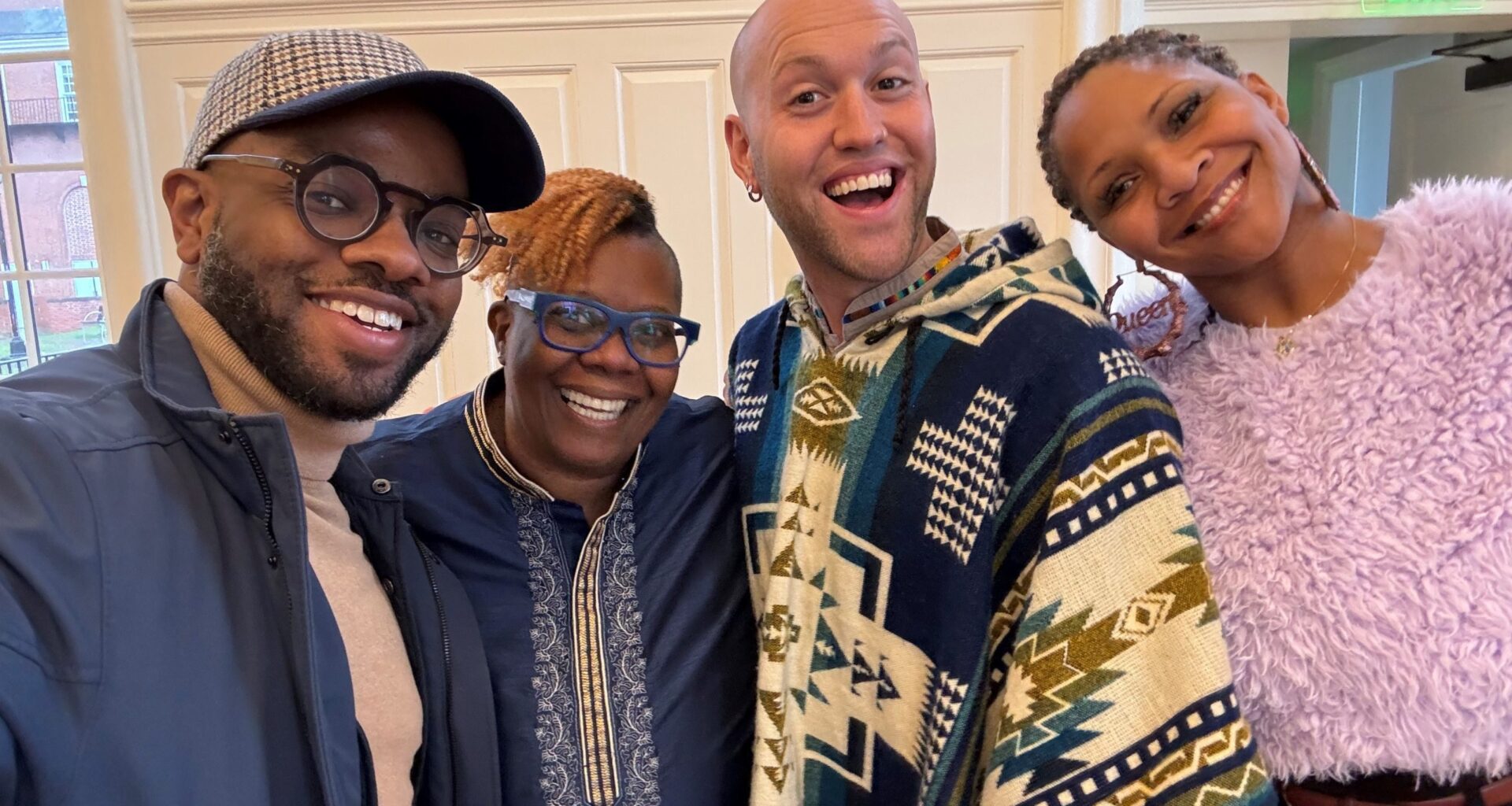Brown identifies an ongoing need for new stories about voting in African American communities. She thinks these stories need to build on the traditions of King, Chisolm, and the Civil Rights movement, which she calls the “people died for your right to vote” story, to connect with the stories and passions of younger folks involved with Black Lives Matter and current social justice movements. To address this need, Brown recently hosted multiple intergenerational and interfaith events to promote conversations about voting and to promote trustworthy information about elections using the Faith in Elections Playbook, including one in March 2024 called the “Power, Presence, & Plan to Vote” in partnership with Interfaith America, Yale Divinity School (YDS), the Greater Bridgeport Prevention Alliance, and her own congregations, Rivers of Living Water. The event expanded to include children after an attendee called to ask if they could bring their kids. While the adults held small group interfaith discussions so did the kids, who had their own table with activities.
Rev. Edwin Perez Jr., a YDS student, attended the March event and was particularly surprised and inspired by a conversation with an older gentleman at his table, who had come to the event specifically to advocate for Palestine. Perez says he’s met a lot of older folks who say they participated in activism when they were young but gave it up. He also shares that he often feels helpless and heartbroken over the conflict in Palestine, but he hopes that — like his tablemate — he can advocate and mobilize throughout his life instead of giving up on it as he ages. For Perez, voting is about “the long game.” Like a lot of young voters, Perez is skeptical of the two-party system and the influence of PACs and money in politics, so he believes that the way to start changing the entire system is by voting consistently in local and state elections.
David Williams lives in NYC and grew up as a Jehovah’s Witness learning that political engagement was not compatible with faith. When he came out as gay and joined a different church, he says that he became very civically engaged, because he saw how much voting could impact people he cared about in many communities — including his family, who still do not vote in elections. Still, he attended the March event with reservations about whether to vote this year because he felt a lack of energy and strategy among Democrats. He says he was deeply inspired by Bishop William Barber’s stories of community organizing at the event, and he was particularly inspired by the Poor People’s Campaign. Williams says: “even though it sounds cliché, we really are stronger together, that’s at the center of everything.”
After the small group discussions and Barber’s talk, Williams says he felt like not voting would be disrespectful to older generations who worked to protect his right to vote. He had an opportunity to dialogue about voting concerns with older and younger voters, and he was also able to contextualize his own voting into a wider, multi-generational story: “For me, voting isn’t about one election, it’s about continuing the work of creating a free, fair system.”
